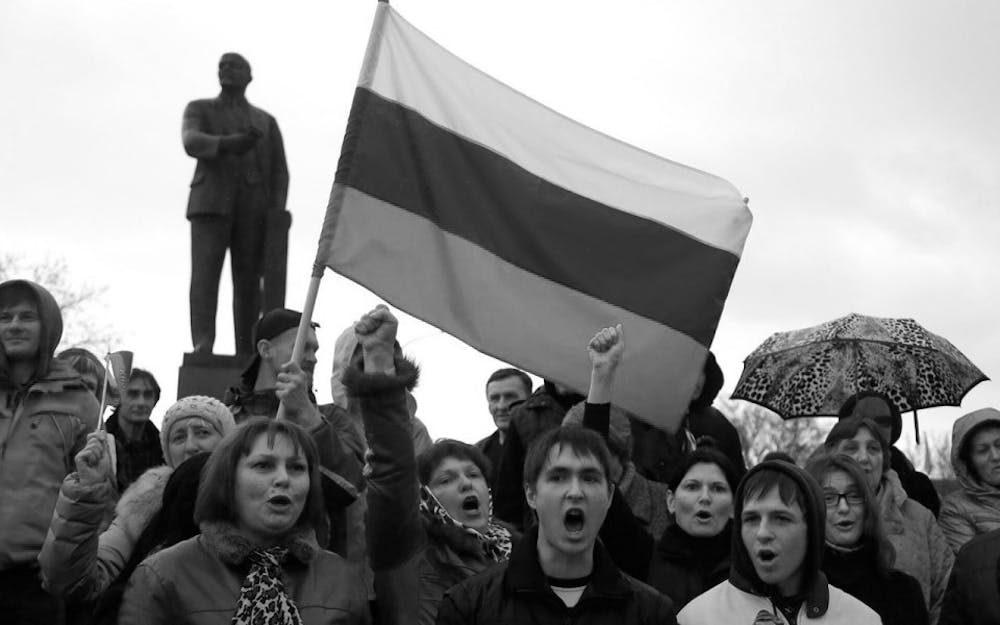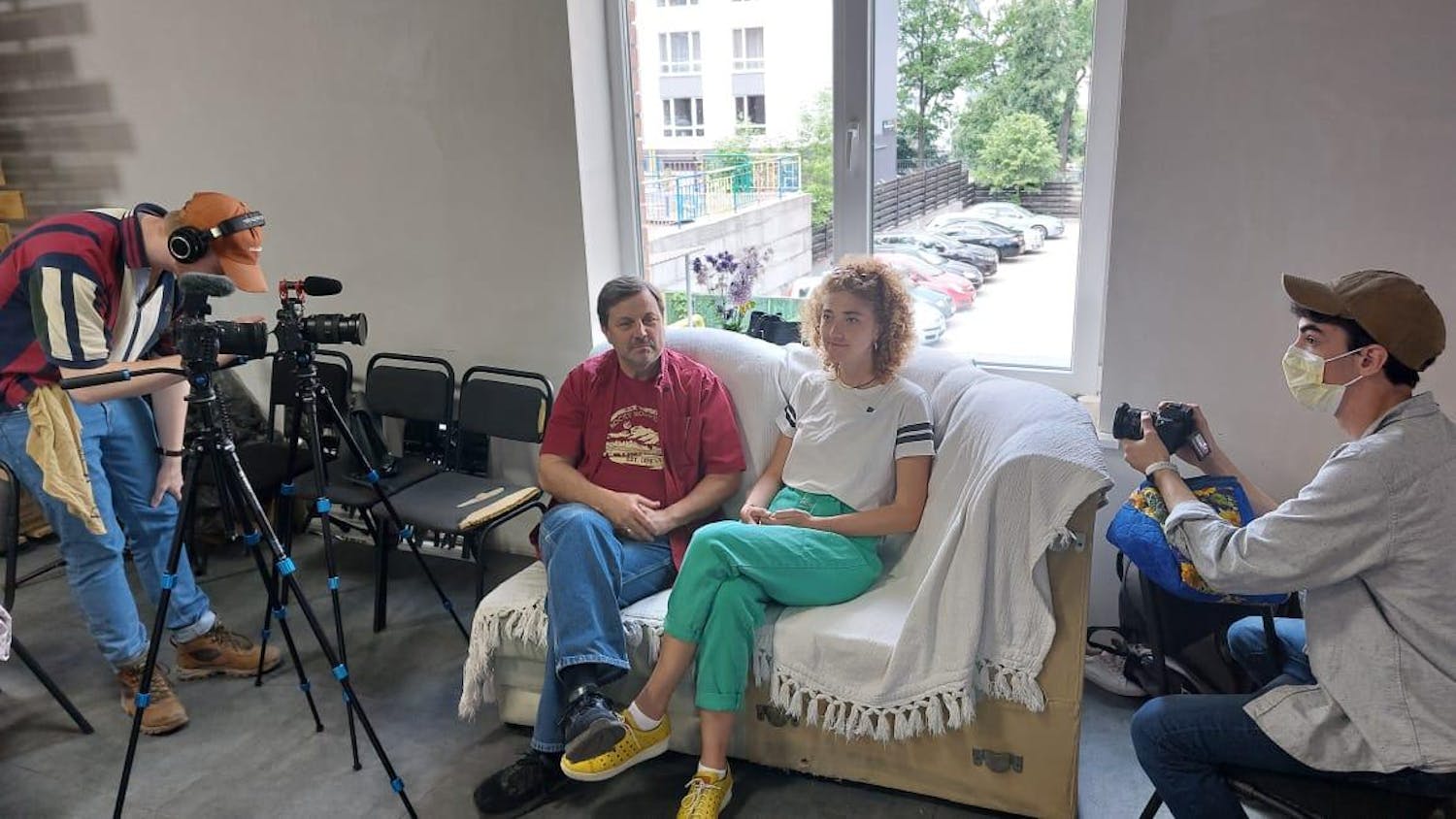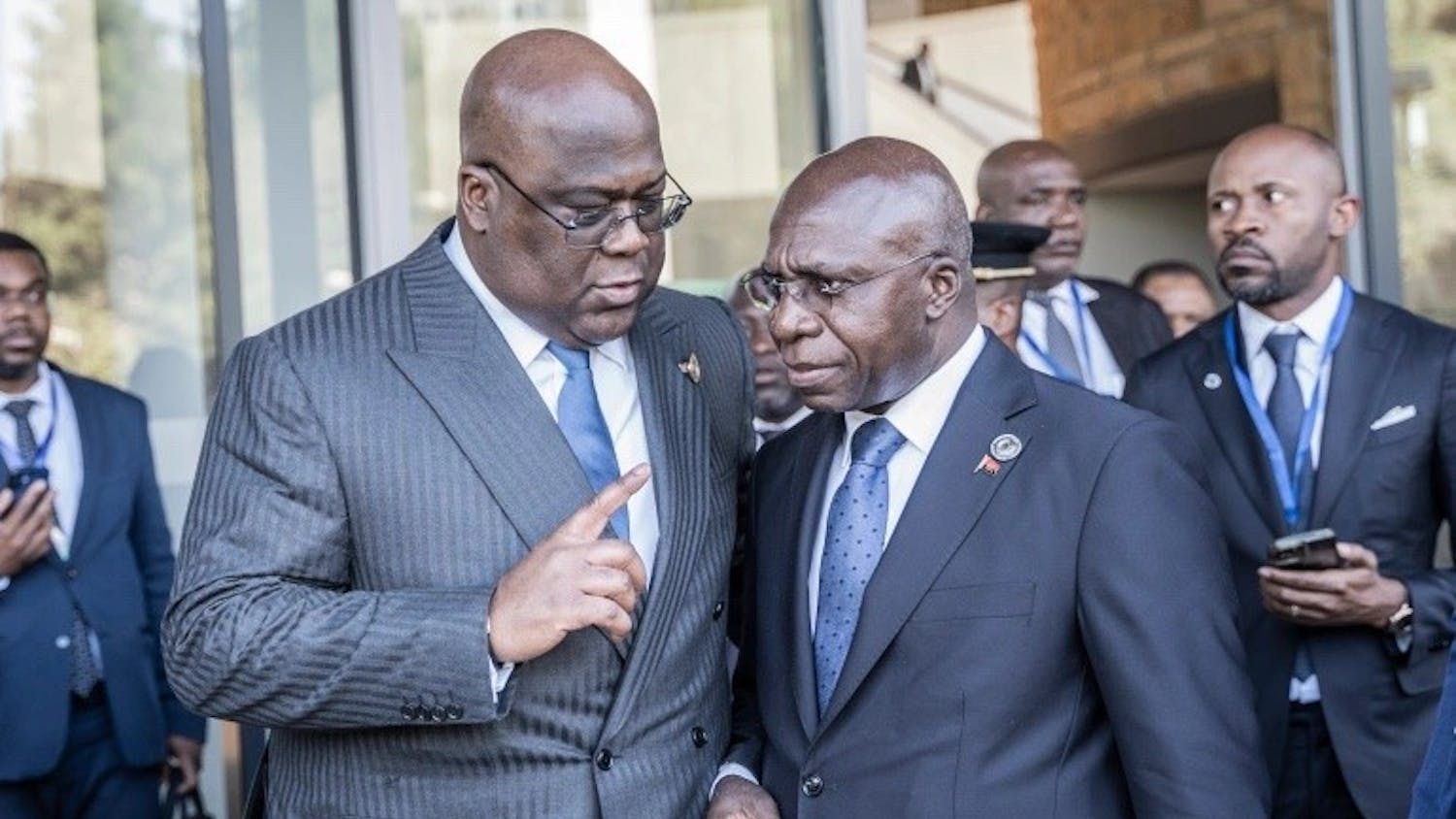By E. Patrick Neer | Echo
Sorry, Ukraine, Crimea may be leaving you for someone else.
Yesterday, the Crimean parliament voted to join the Russian Federation. Crimea is an autonomous province of Ukraine, located on a peninsula on the southern edge of the country. The province is populated by a Russian ethnic majority of nearly 77 percent who feel threatened by the current political instability in Kiev, according to Al-Jazeera.
Pro-Russian protesters in Crimea took advantage of the political and social upheaval in Ukraine to push for a Russian political takeover of their region.
"We are not radicals or separatists as they call us," protester Illana Prokena told Al-Jazeera. "We are ethnic Russians who are afraid of the illegitimate government in Kiev."
The Crimean parliament called for a referendum in 10 days, in which the people will vote to break away from Ukraine and join Russia, the Washington Post reported. The interim government in Kiev has rejected Crimea's decision, calling the referendum illegitimate and urging the Russian government to reject the advances of Crimean separatists.Crimea's separatist legislation comes in the aftermath of four months of protests across Ukraine against former president Viktor Yanukovich. The protests, inspired by widespread political corruption, ended with Yanukovich's ouster from Kiev and the establishment of an interim government in his place.
If Crimea breaks away from Ukraine, it signals that the interim government, hailed by many as the end to the worst of Ukraine's crises, is in for the unenviable task of keeping the predominantly Russian-speaking eastern regions of Ukraine under control.
The events in Crimea have unfolded at breakneck speed.Armed Crimean separatists seized their regional government headquarters on Feb. 27, even as the Ukrainian parliament was establishing an interim government in Kiev, according to Al-Jazeera.
Five days later, 15,000 masked Russian troops poured into the autonomous province, seizing airports and solidifying militant control of Crimea's legislative complex, the New York Post reported. The troops hoisted the Russian flag from the Crimean parliament building in a move that only bolstered the deep-seated Russian sympathies present in Crimea.
Crimea has operated as an autonomous province under Ukrainian jurisdiction since the 1950s, according to Al-Jazeera. However, its history of independence and cooperation with Russia stretches back to the 1840s, according to Hannah Thoburn, a Eurasia analyst at the Foreign Policy Initiative.
"(Crimea) was never conquered by the Russian empire," Thoburn said. "Instead it was run by the Crimean Tatar Khantes (sic). Today the population takes pride in . . . its separate government and separate constitution."
Geopolitical tensions, already strained from the ouster of Ukraine's former president Viktor Yanukovich, have continued to escalate through Russia's occupation of Crimea. Ukraine's interim government in Kiev has expressed hope for a peaceful political solution to the Crimean crisis. However, the government has asserted that it is prepared to view continued Russian intrusion in Ukrainian holdings as grounds for war, Al-Jazeera reports.
Putin, in contrast, has claimed that Russia is justified in deploying troops. This justification comes from the fact that Russia has been authorized to a permanent military presence in Crimea since the 1990s, according to the International Renaissance Foundation.President Obama has responded to Russia's invasion by suspending American preparations for the G-8, a series of economic and diplomatic talks set to be held in Sochi this summer.
China has responded pragmatically, BBC reported, with editorials claiming that the rhetoric of the United States and Europe was destined to fail against the physical troops and tanks of Russia.
The responses to Russia's occupation have been divergent across the globe. Irish analysts have pointed out the irony of Putin championing territorial sovereignty in Syria and then sending troops into Crimea, according to the BBC. Editorials in the Sri Lankan Daily News, on the other hand, were written in support of Russia, condemning Ukraine for what they called "faux democracy movements."In the Crimean parliament, member Sergei Shuvanikov echoed sentiments eerily reminiscent to those expressed by Ukrainian protesters in Kiev earlier in the year.
"This (vote for Russian membership) is our response to the disorder and lawlessness in Kiev," Shuvanikov said. "We will decide our future ourselves"




